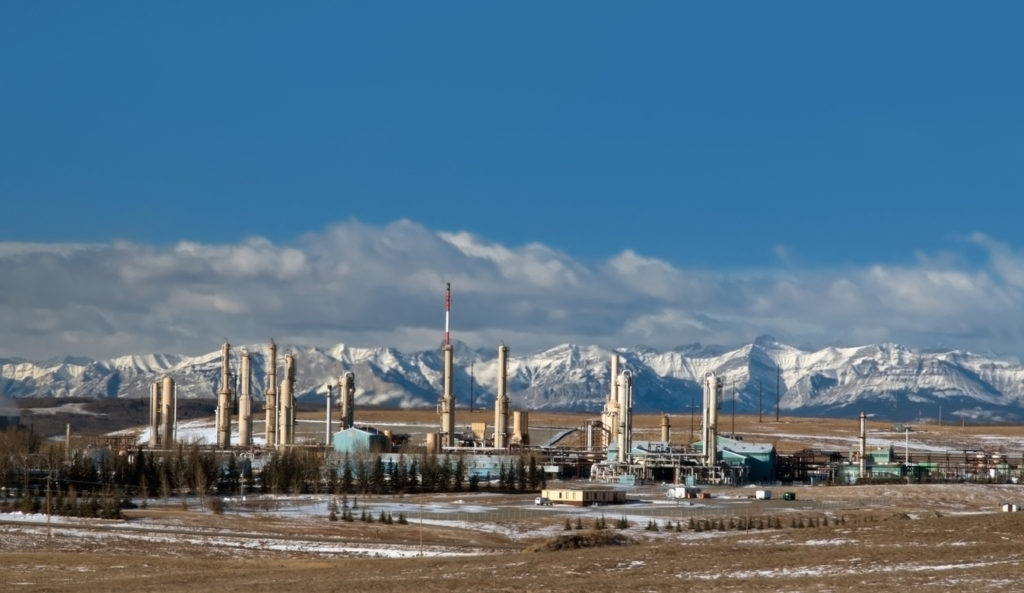Stable North American Sulphur Supply Takes Pressure off Fertilizer Retailers to Pre-buy.

Despite concerns about the impact of the war in Ukraine on global fertilizer production, North American fertilizer manufacturers do not anticipate shortages of elemental sulphur due to supply issues.
Rumors and speculation have led some buyers to panic-buy degradable elemental sulphur fertilizer well in advance of the fall application season.
According to Daryl Schuster, President of Keg River, retail buyers and farmers have no cause for concern.
“There’s no need to fill your bins with degradable sulphur,” Schuster says.
Growers and retailers are advised to sit tight.
Schuster said his company has had no difficulty securing sulphur, a key ingredient in their bentonite sulphur fertilizers. They produce over 300MT of product per day.
He is advising his retail customers to put off ordering their elemental sulphur.
“Unless they need it now, we’re recommending not to rush out and lock in at today’s price. Supply won’t be a worry.
“If you buy now, you’re paying top dollar. From everything I’m seeing in the markets, prices have peaked. There is a sense the price of sulphur will fall in the coming months. If you put off your order, there is a good chance you will save money.”
Where does North America’s sulphur supply come from?
The bulk of elemental sulphur is manufactured in Canada and is shipped to agricultural retailers and fertilizer plants in North America. The high-quality, purified sulphur used in fertilizer is primarily sourced from gas processing plants – and increasingly, oil sands processing. Western Canada produces approximately 5 million Tonnes of S per year (2020 figures.
Sulfur is removed from sour gas (which has high concentrations of sulphur) to prevent it from escaping into the atmosphere as a greenhouse gas (sulphur dioxide). Fertilizer companies take it off their hands. In addition to sulphur fertilizers, S is also necessary to produce phosphate fertilizers, which require sulphuric acid to produce.
In 2020, Canada exported $190M of sulphur, ranking it as the world’s fifth-largest exporter. Recent international demand has not resulted in a noticeable impact on local fertilizer manufacturers, according to Keg River’s Daryl Schuster.
We’ve seen this all before.
While concerns around supply have primarily driven the panic ordering, Schuster says that worries around freight availability have also contributed to market anxieties.
“When the markets fluctuate as wildly as we’ve seen, it’s understandable that people get nervous. We went through a similar situation back in 2008. What we learned is that a calm and steady approach is the best approach in uncertain times.”
As a manufacturer, Schuster empathizes with his customers.
“We know that rising input costs are going to hit those in the farm business hard. That’s why we’re encouraging them to hang onto their dollars and take a wait-and-see approach to elemental sulphur.”




